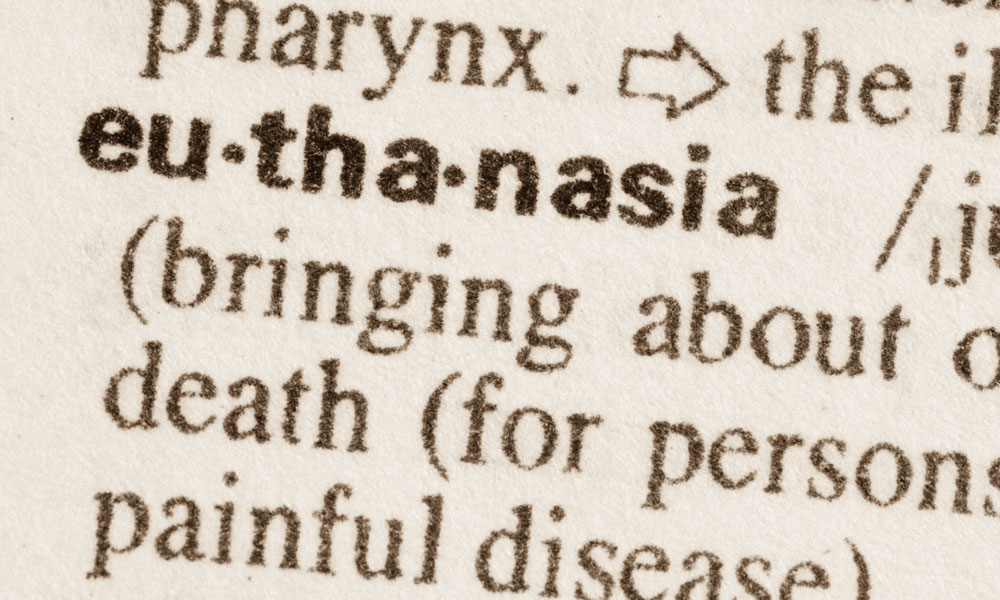
California Medical Association No Longer Opposes Physician Aid in Dying
The state medical group announced that after decades of formal opposition, it will now remain neutral on legislation that would allow physicians to help terminally ill patients end their lives. The change puts CMA at odds on the issue with the American Medical Association.
The California Medical Association became the first state medical group to change its position on assisted suicide last week.
CMA announced that it would no longer oppose the proposed End-of-Life Option Act, a physician-aid-in-dying bill currently moving through the California legislature. The decision marks a move away from the position held by the American Medical Association and other state-level medical groups.
“Despite the remarkable medical breakthroughs we’ve made and the world-class hospice or palliative care we can provide, it isn’t always enough,” CMA President Luther F. Cobb, M.D., said in a statement. “The decision to participate in the End-of-Life Option Act is a very personal one between a doctor and their patient, which is why CMA has removed policy that outright objects to physicians aiding terminally ill patients in end-of-life options.”
The association had taken the opposite stance since 1987, when its House of Delegates directed that CMA should not support any laws requiring physicians to provide patients with advice, techniques, medicine, or referrals on how to end their lives. The association eventually relaxed its position a bit in the ’90s, when another resolution passed encouraging CMA to remain open to different perspectives on the issue.
“CMA’s focus has historically been on improving end-of-life options and enhancing palliative care and hospice for patients who are terminally ill,” Cobb, said. “Ultimately, however, it’s up to the patient and their physician to choose the course of treatment best suited for the situation—and CMA’s new position on physician aid-in-dying allows for that.”
In an ethics opinion on physician-assisted suicide, the AMA acknowledges that “some patients in extreme duress—such as those suffering from a terminal, painful, debilitating illness—may come to decide that death is preferable to life.” But it maintains that helping a patient end his or her life “is fundamentally incompatible with the physician’s role as healer, would be difficult or impossible to control, and would pose serious societal risks.”
Instead, “physicians must aggressively respond to the needs of patients at the end of life,” the opinion states.
CMA has engaged in open discussions with the California bill’s co-authors, state Sens. Lois Wolk and Bill Monning, as it has moved through the legislature. And while CMA’s now neutral position on the legislation has curried more favor for the bill, its passage is not a slam dunk, Wolk told a local TV news station.
“The odds are better, but I can’t take away from the fact that this is not an easy bill,” she said.
(iStock/Thinkstock)






Comments